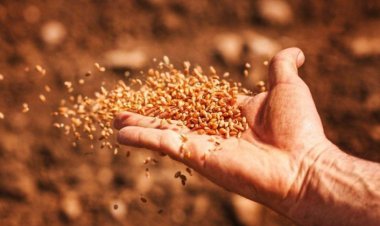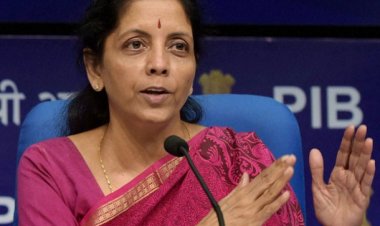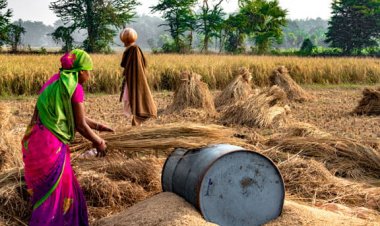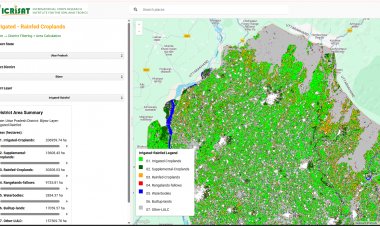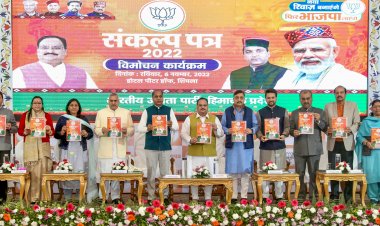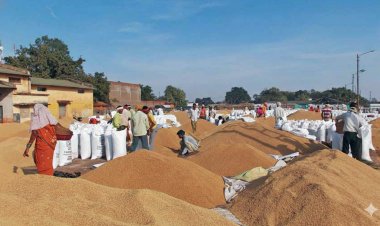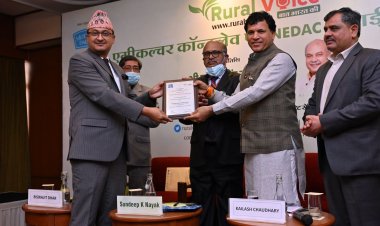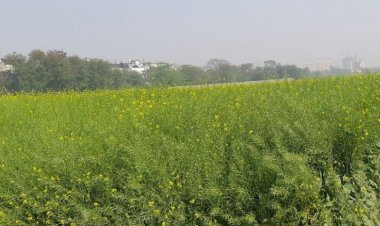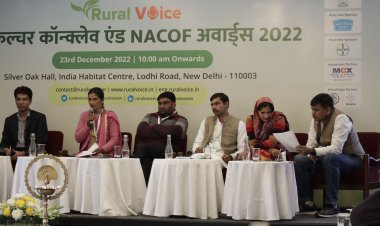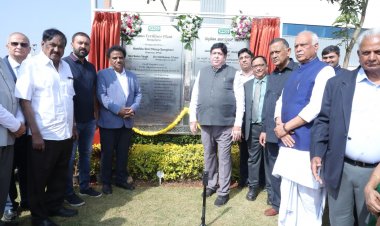Telangana model may be panacea for farmers: BRS MP
The Telangana government in its state budget has not only earmarked 20 per cent of its funds for agriculture, but has made electricity available to farmers around the clock, irrigation to 80% cultivable land and through 'Rythu Bandhu Scheme', which also seeks to relieve the farmers from debt burden and not allowing them to fall in debt trap again.
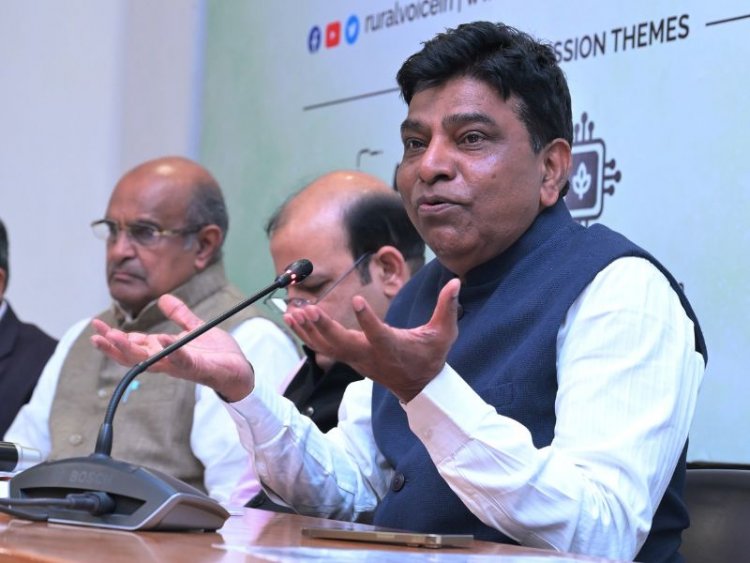
The Government of India should implement Telangana model to improve the agriculture sector and ensure increase in the income of farmers.
The Telangana government in its state budget has not only earmarked 20 per cent of its funds for agriculture, but has made electricity available to farmers around the clock, irrigation to 80% cultivable land and through 'Rythu Bandhu Scheme', which also seeks to relieve the farmers from debt burden and not allowing them to fall in debt trap again.
The farmers investment support scheme is a welfare program to support farmers' investment for two crops a year by the government of Telangana. The government is providing farmers Rs 5,000 per acre per season to support the farm investment twice a year - for rabi and kharif seasons, that is, Rs.10,000 per acre annually.
The unique model was explained to farmers by Bharat Rashtra Samithi (BRS) Lok Sabha member and party leader in house Nama Nageswara Rao at a special event organised at the India International Centre in New Delhi by the Rural Voice and Socratus Foundation on Tuesday to discuss the Union Budget 2023-24 and what it had in the store for farmers in particular and the agriculture sector in general.
Rao said that the KCR government had ensured irrigation in 80% cultivable land, leaving just the 20% forest area at an expenditure of Rs 1 lakh crore, which was also used to lift the level of the river Godavari to ensure flow of adequate water to irrigate the fields.
He said it is quite significant that the state government has allocated 22% of its budget to agriculture compare to barely 6% in the Union budget for the 2023-24 FY. Giving details, the BRS MP said Rs 60,000 crore has been pegged for agriculture in the state budget, of which Rs 26,885 crore has been allocated for irrigation.
"With better irrigation facilities in Telangana, our state has a stolen a march over Punjab in rice production," he claimed. Rao also said that the state government was encouraging cultivation of palm trees in the state setting a target to grow it on 20 lakh hectare from the present 5 lakh hectare to produce palm oil which will not only help in domestic production but significantly cut down foreign exchange to import it.
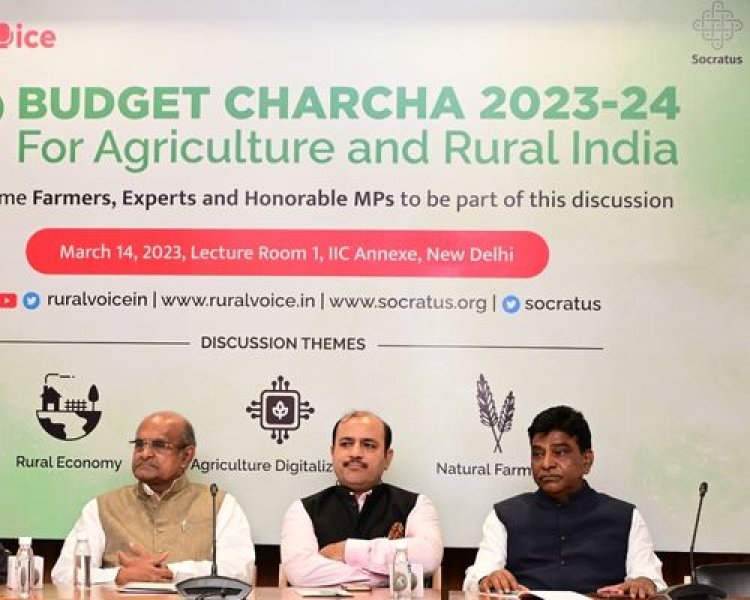
Participating in the discussions with farmers, Janata Dal (United) national general secretary KC Tyagi said the curtailments in budgets for agriculture and rural development in the Union budget will not augur well for farmers and rural economy as a whole. Tyagi noted that the budget for rural development has been cut by 13%, and feared that the decrease in allocation for MNREGA will hamper rural employment.
Citing data, he said that before implementation of MNREGA, at least 110 districts in the country where naxal affected. But, after implementation of this central job guarantee scheme, 58 districts have become free of Left Wing Extremism as misguided youths in these districts have laid down their arms after getting gainful employment, he explained. In the 1952 general budget, the allocation for agriculture was 35 per cent of the total allocation, but it has dropped to 6 per cent at present, Tyagi regretted.
Recalling the assurance of Prime Minister Narendra Modi that the income of farmers will be doubled by 2022, Tyagi said the promise has remained a pipedream. He said that as per 2018-19 official data, the income of a farmer is only Rs 10,000 and 52% of the farmers were debt ridden.
Tyagi said just as the government as waived debts of industrialists running into lakhs and crores of rupees, this facility should be extended to poor farmers as well.
BSP MP Danish Ali raised the plight of onion and potato cultivators. He said it was unfortunate that the buyer decides the price of agriculture products, whereas the case was just opposite for non-farm commodities where the seller decides the price.
Referring to the predicament faced by sugarcane growers in Uttar Pradesh, Ali said once the canes were cut from the fields, these are sent to crushing mills, but the cultivators are in dark about the remuneration. Moreover, he is unsure of payment, when the money will be paid.
He pointed out that the present state government has raised the price by Rs 35 in the last six years, though the investment in cultivation has gone up considerably. Same is the fate of potato growers, he lamented.
Ali also highlighted the problems created by stray cattle which plunder agricultural land, damaging precious crops in vast areas.



 Join the RuralVoice whatsapp group
Join the RuralVoice whatsapp group

















